Introduction
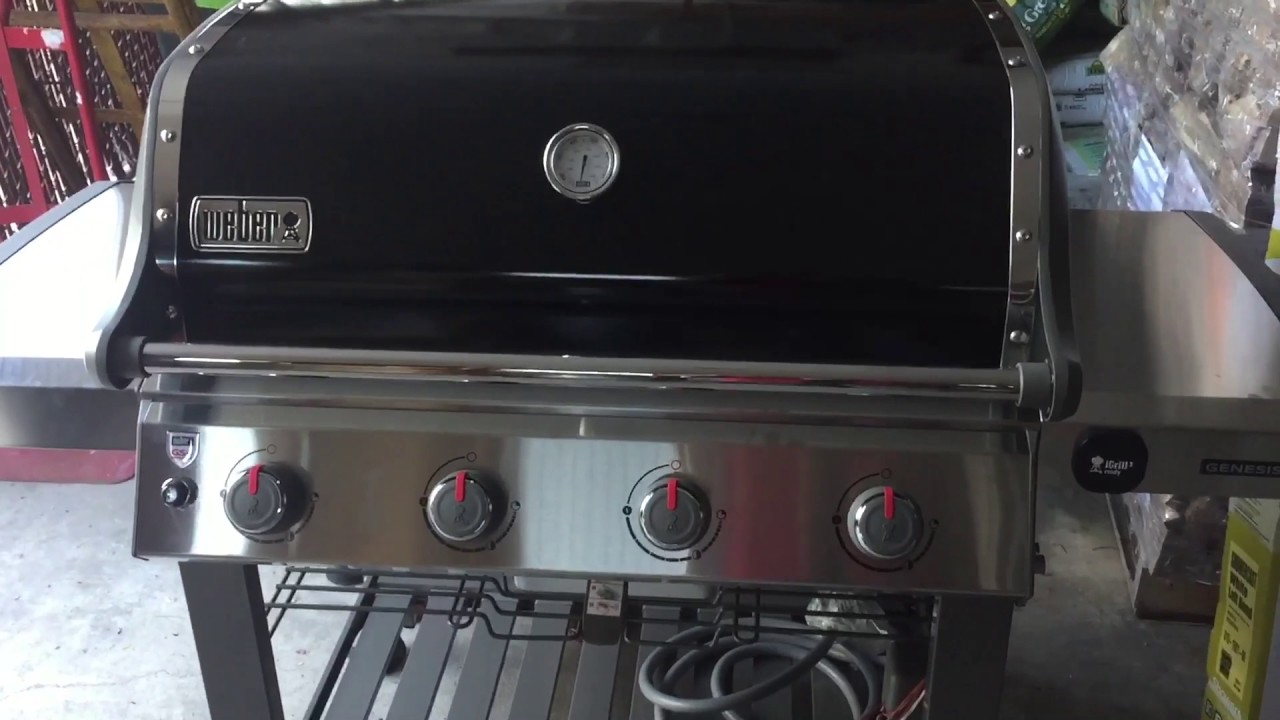
An introduction is the first impression your readers will have of your article, so it's important to make it engaging and captivating right from the start. Start by grabbing their attention with an interesting fact or a thought-provoking question. Then, provide a brief overview of what they can expect to learn from the article. Keep it concise and to the point, setting the stage for the rest of the content. Remember, a strong introduction sets the tone and piques the reader's curiosity, enticing them to continue reading.
Overview of Natural Gas Grill vs Propane
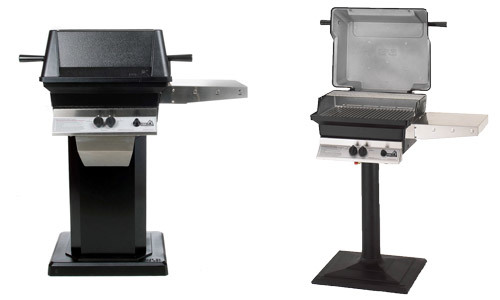
When choosing between a natural gas grill and a propane grill, there are important factors to consider. Natural gas grills are connected to a gas line, which provides a continuous fuel source without the need for refills. Propane grills, on the other hand, use portable propane tanks that can be easily replaced. The choice between the two depends on factors such as convenience, cost, and availability of gas lines in your area. Understanding the differences between natural gas and propane grills will help you make an informed decision for your grilling needs.
Factors to consider when choosing between Natural Gas and Propane grills
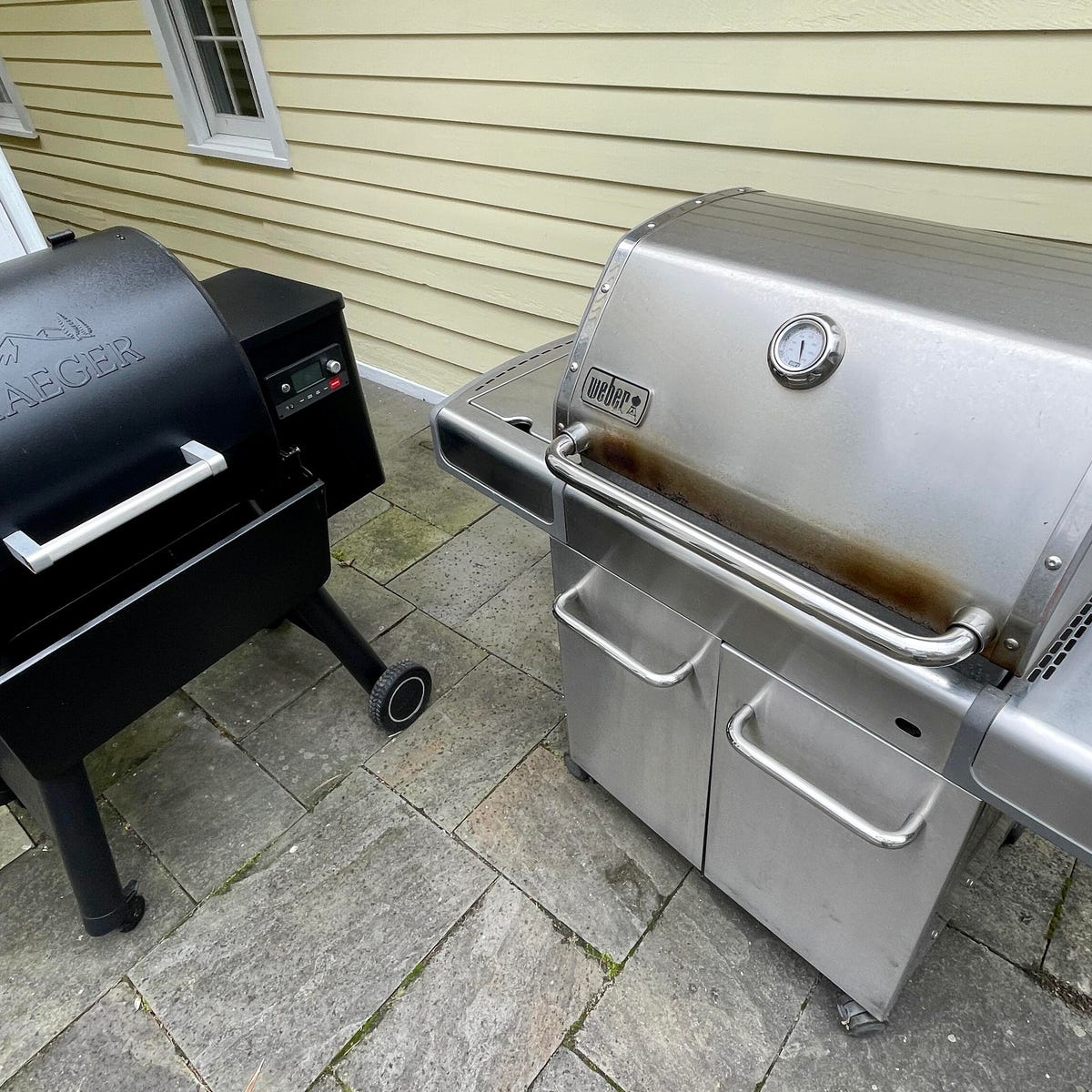
Considerations for choosing between Natural Gas and Propane grills include the availability of gas lines in your area, convenience, and cost. If you have an existing gas line, a natural gas grill may be more convenient as it provides a continuous fuel source without the need for refills. Propane grills, on the other hand, offer portability and the ability to easily replace propane tanks. It's also important to consider your grilling needs and lifestyle, such as the frequency of grill use and whether mobility or a constant fuel source is a priority for you.
Natural Gas Grill

Natural Gas Grill
When choosing a natural gas grill, there are a few advantages to consider. First, natural gas grills provide a continuous fuel source, as they are connected directly to a gas line. This means you won't have to worry about running out of fuel or refilling propane tanks. Additionally, natural gas is generally more cost-effective compared to propane in the long run. However, it's important to note that natural gas grills require a gas line installation, which may involve additional costs and professional assistance.
Advantages of using a Natural Gas Grill
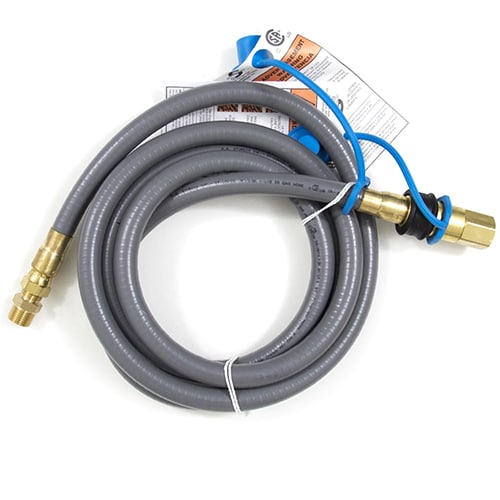
Using a natural gas grill offers several advantages. Firstly, it provides a continuous fuel source as it is connected directly to a gas line. This means you won't have to worry about running out of fuel or refilling propane tanks. Additionally, natural gas is generally more cost-effective compared to propane in the long run. However, it's important to note that natural gas grills require a gas line installation, which may involve additional costs and professional assistance.
Disadvantages of using a Natural Gas Grill
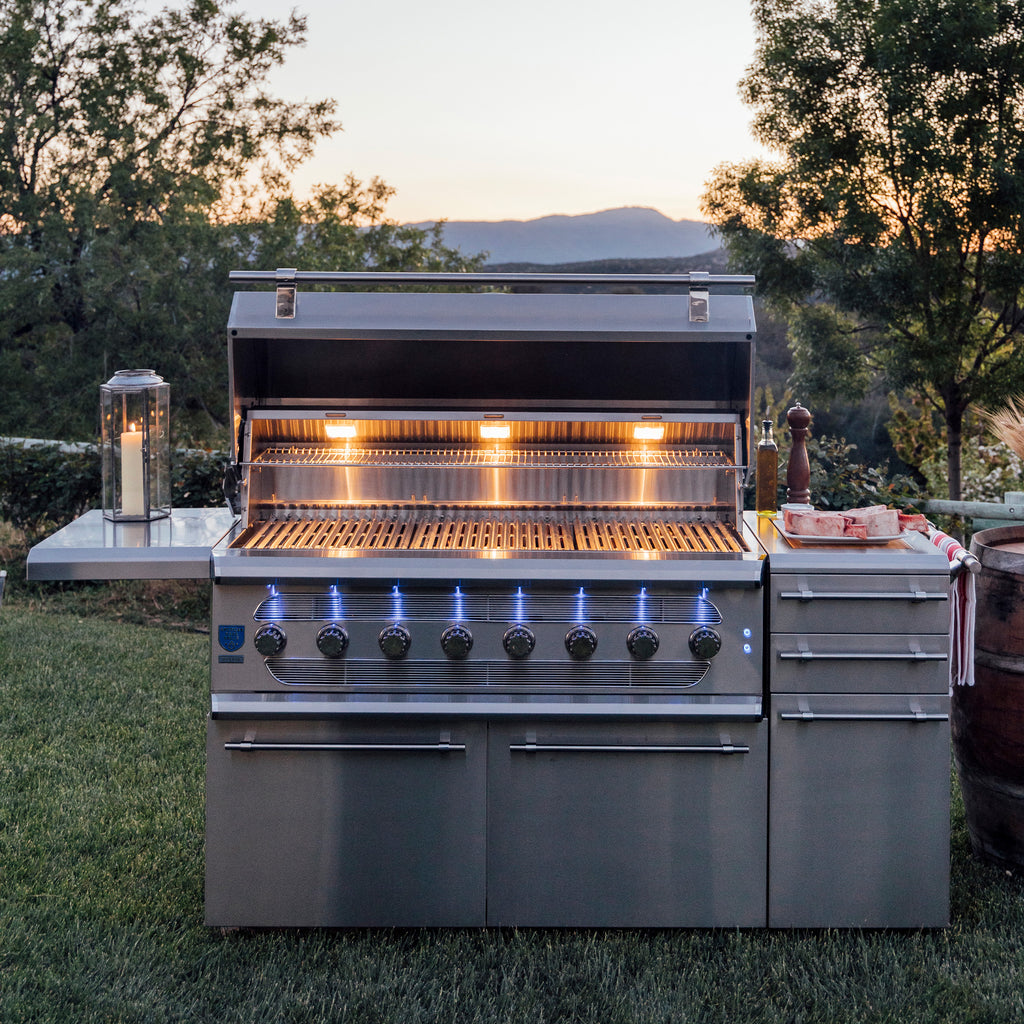
Using a natural gas grill also has a few disadvantages. Firstly, it requires a gas line installation, which can be costly and may require professional assistance. Secondly, natural gas grills are fixed in one place, limiting their portability. Additionally, natural gas grills may take longer to heat up compared to propane grills. Lastly, if there is a disruption in the gas supply, such as a power outage, you won't be able to use your natural gas grill.
Propane Grill
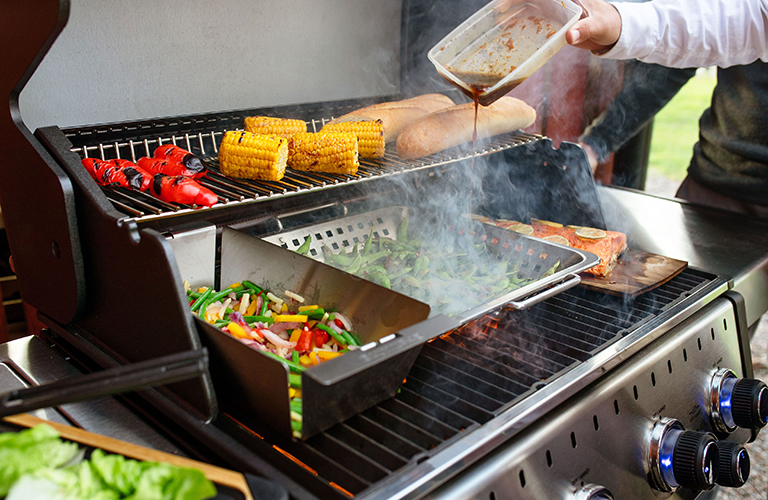
A propane grill is a popular choice for many grill enthusiasts due to its portability and flexibility. Here are some advantages of using a propane grill:
- Portability: Propane grills are typically smaller and lightweight, making them easy to transport for outdoor activities such as camping or tailgating.
- Quick and convenient: Propane grills heat up quickly, allowing you to start cooking almost immediately.
- Versatility: Propane grills often come with multiple burners, allowing you to cook different foods at different temperatures simultaneously.
- No installation required: Unlike natural gas grills, propane grills don't require a gas line installation, making them easier to set up.
Advantages of using a Propane Grill
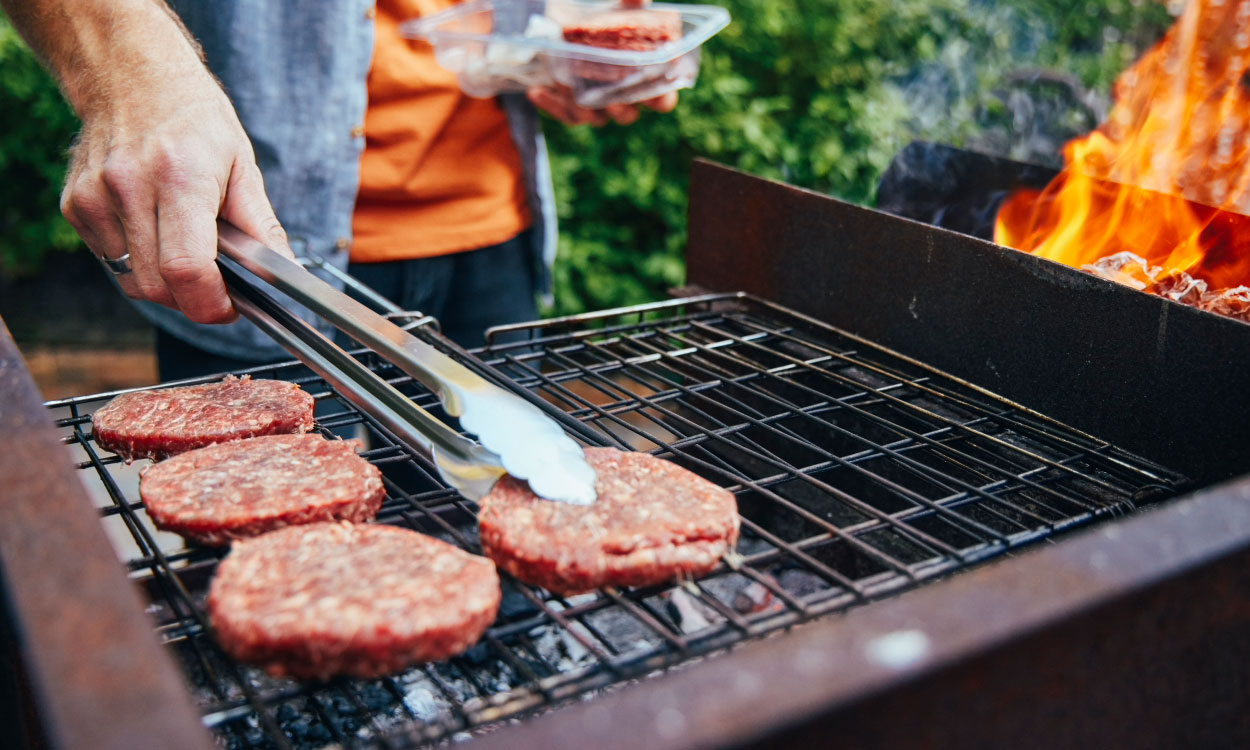
Propane grills offer several advantages for grill enthusiasts. First, they are highly portable and lightweight, making them easy to transport for outdoor activities. Second, propane grills heat up quickly, allowing for immediate cooking. Additionally, propane grills often come with multiple burners, enabling different foods to be cooked at different temperatures simultaneously. Lastly, propane grills do not require a gas line installation, making them easy to set up. These advantages make propane grills a popular choice for those seeking convenience and versatility in their grilling experience.
Disadvantages of using a Propane Grill

- Propane grills require regular propane tank refills or replacements, which can be an inconvenience and additional cost.
- The tanks can run out of fuel during grilling, interrupting the cooking process.
- Propane grills may produce less heat than natural gas grills, which can affect cooking times and results.
- Propane tanks can be bulky and take up storage space when not in use.
- Propane is a flammable gas, so there is a potential safety risk if mishandled or stored improperly.
Cost and Accessibility

Cost and Accessibility
When considering the cost and accessibility of natural gas and propane for grilling, there are a few key factors to keep in mind. First, it's important to note that propane is typically more expensive than natural gas on a per-unit basis. However, propane grills are often more fuel efficient, so you may end up using less fuel overall and spending less money in the long run. Additionally, propane tanks can be easily refilled or replaced, providing a convenient option for those who prioritize mobility. On the other hand, natural gas requires a dedicated fuel line and installation, which may not be as accessible for all grillers.
Comparison of cost and accessibility of Natural Gas and Propane
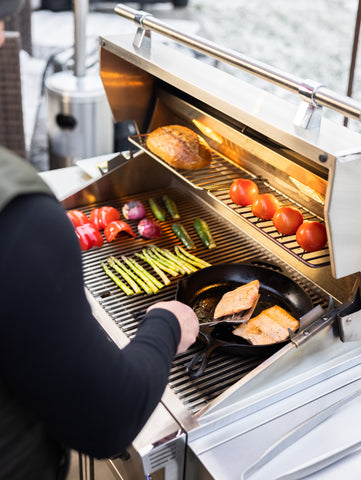
When comparing the cost and accessibility of natural gas and propane, it's important to consider a few factors. Propane is generally more expensive per unit than natural gas, but propane grills tend to be more fuel efficient in the long run. Additionally, propane tanks can be easily refilled or replaced, providing convenience and mobility. On the other hand, natural gas requires a dedicated fuel line and installation, which may not be as accessible for everyone. Ultimately, the decision will depend on your budget, convenience preferences, and installation options.
Installation process and requirements for Natural Gas vs Propane grills

Installing a natural gas grill requires a dedicated fuel line, which may not be feasible in all locations. On the other hand, propane grills are more flexible since they can be used with portable propane tanks. However, propane grills require regular propane tank refills or replacements. It is essential to consider the availability of natural gas or propane in your area and the necessary infrastructure for installation before deciding which type of grill to choose.
Performance and Flavor
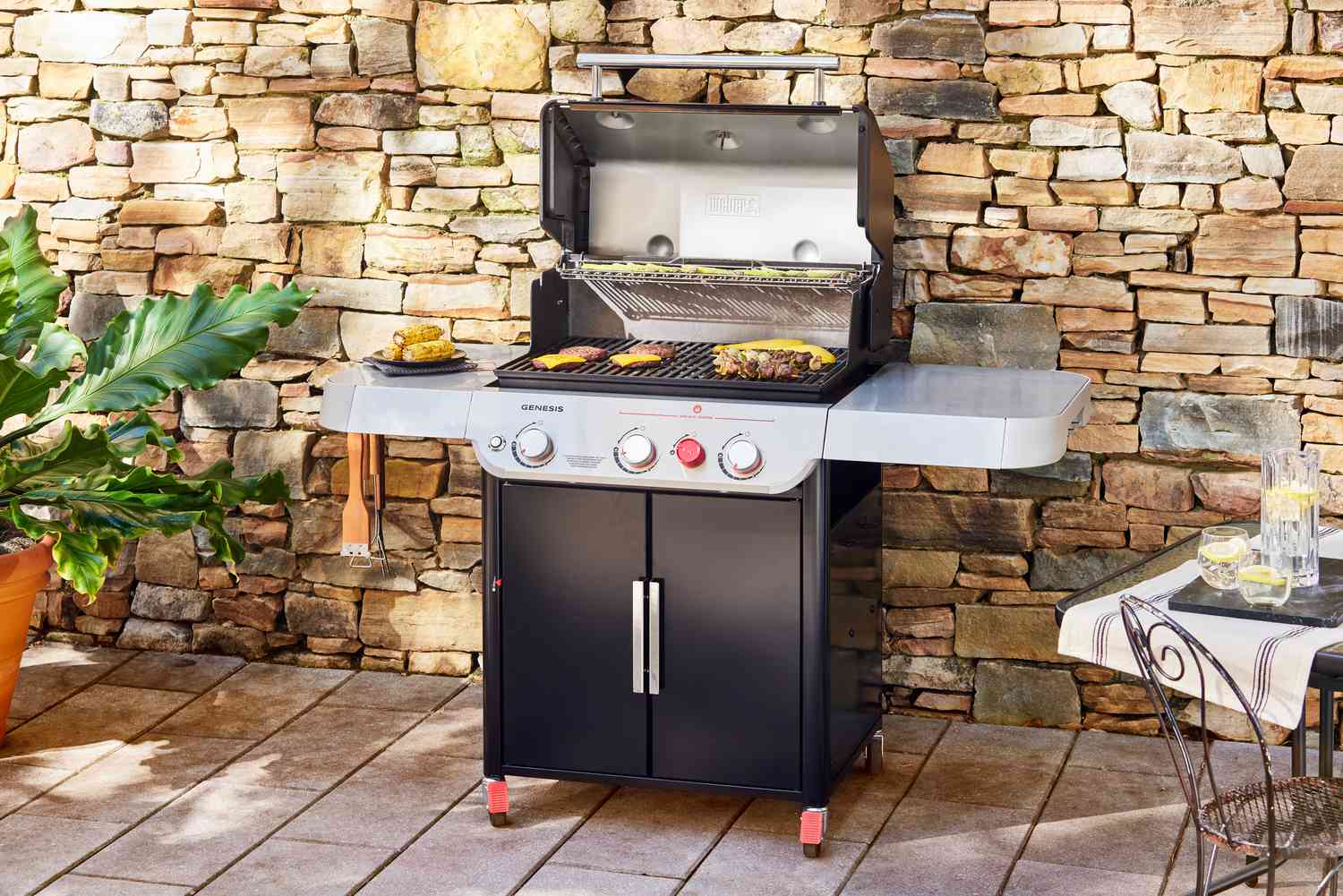
When it comes to the performance of natural gas and propane grills, there is no significant difference. Both gases provide the same quality of heat output, ensuring that your food is cooked evenly and thoroughly. As for flavor, there is no discernible change when using either gas. The taste and aroma of your grilled food are unaffected by the type of gas used. So, whether you choose natural gas or propane, you can expect excellent performance and delicious flavors from your grill.
Impact of Natural Gas and Propane on grill performance
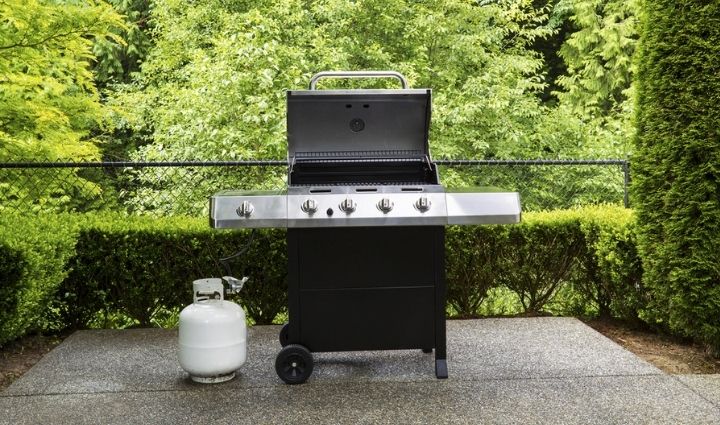
The choice between natural gas and propane can impact the performance of your grill. Natural gas grills often have lower heat output than propane, which can limit certain cooking techniques that require intense heat, like searing. On the other hand, propane grills offer more portability and can reach higher temperatures, allowing for a wider range of cooking options. Consider your specific cooking needs and preferences when deciding which gas type will best suit your grill performance requirements.
Difference in flavor when using Natural Gas vs Propane grills

When it comes to the difference in flavor when using natural gas versus propane grills, there is minimal variation. Both gas types provide a clean and efficient fuel source for grilling, resulting in delicious and flavorful food. The main factors affecting flavor are the cooking technique, seasoning, and ingredients used. So whether you choose natural gas or propane for your grill, you can still achieve mouthwatering results. Focus on perfecting your grilling techniques and experimenting with different marinades, rubs, and sauces to enhance the flavors of your dishes.
Conclusion
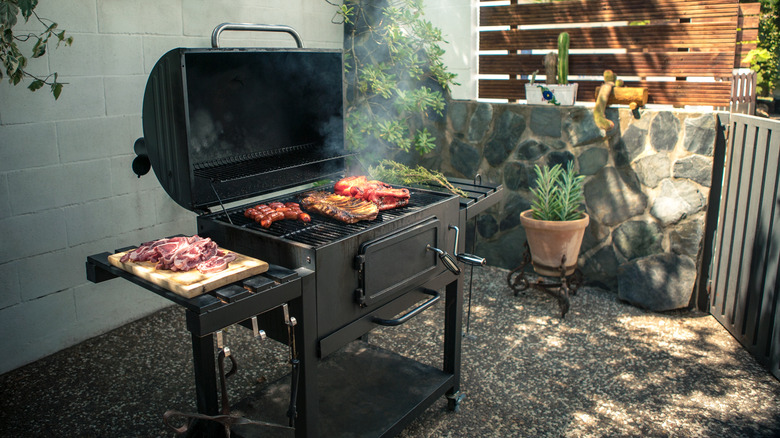
To make a decision between natural gas and propane grills, consider your specific needs and circumstances. Natural gas grills are a convenient option if you have a gas line connection at home and prefer a continuous fuel supply. On the other hand, propane grills are portable, heat up quickly, and are less expensive to install. Consider factors such as your budget, frequency of grill usage, and need for portability before making a decision. Ultimately, both options have their advantages and disadvantages, so choose the one that best fits your requirements.
Recommendations for choosing between Natural Gas and Propane grills
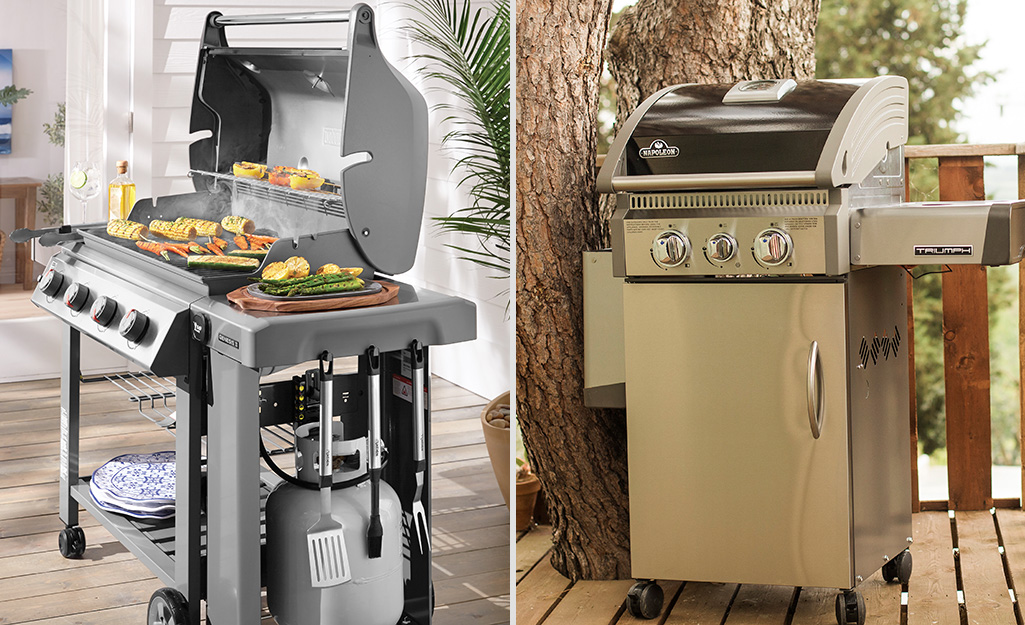
When choosing between natural gas and propane grills, consider your specific needs and circumstances. If you have a gas line connection at home and prefer a continuous fuel supply, a natural gas grill would be a convenient option. On the other hand, if you need portability, quick heat up, and a less expensive installation, a propane grill would be more suitable. Factors such as budget, frequency of grill usage, and need for portability should be considered to make an informed decision. Ultimately, choose the option that best fits your requirements.
Factors to consider based on individual preferences and needs
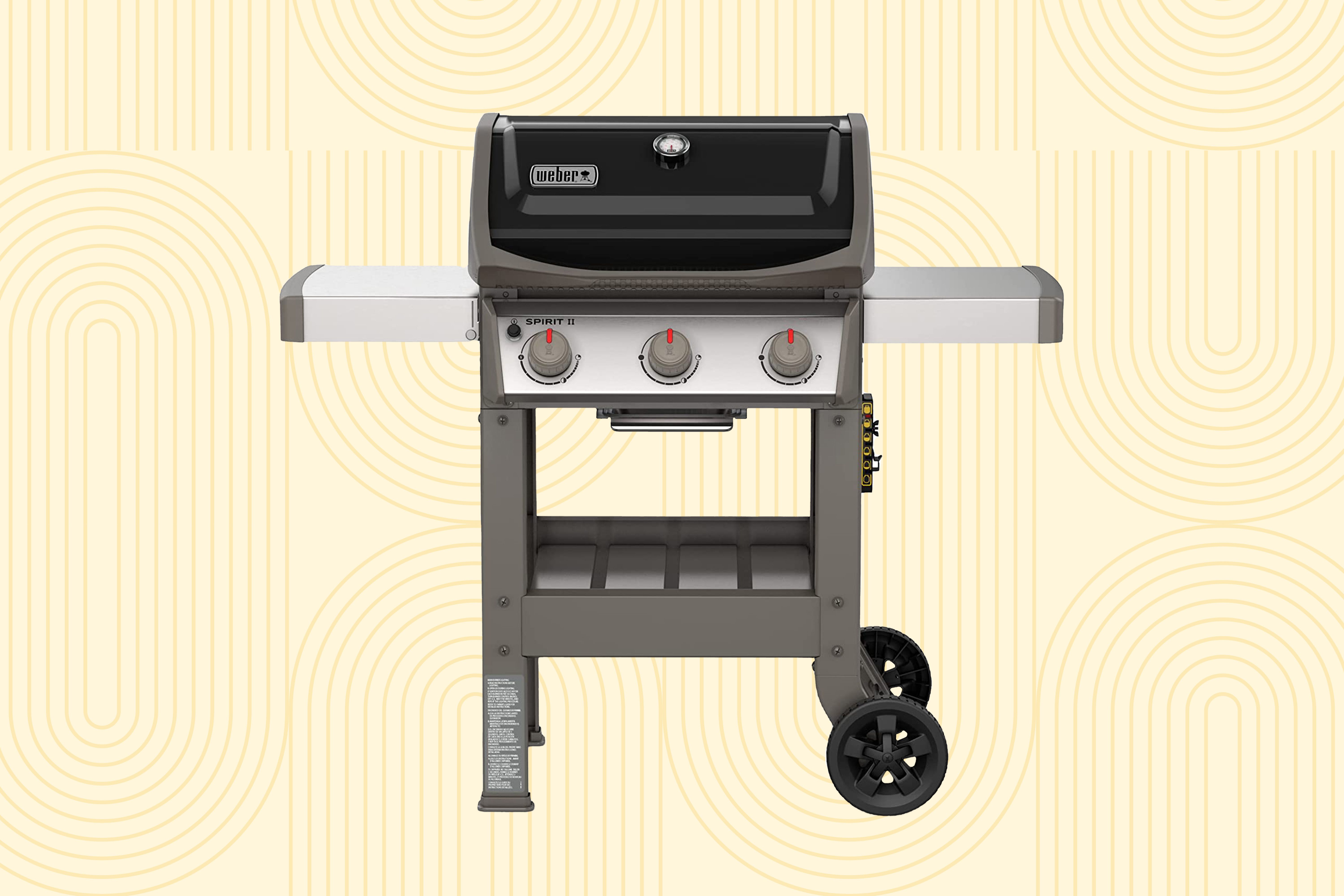
When considering which grill option is best for you, it's important to take into account factors such as your budget, frequency of use, and need for portability. Think about whether you have access to a gas line or if you prefer the convenience of propane tanks. Consider the heat-up time and installation requirements for each option. Ultimately, the decision between natural gas and propane grills should be based on your individual preferences and needs. Choose the option that aligns with your specific requirements for a satisfying grilling experience.
DK FAQ MARK
FAQ about Grill Preferences: Natural Gas Grill vs Propane
Q: What is the main difference between a natural gas grill and a propane grill?
A: The main difference lies in the type of fuel they use. Natural gas grills are connected directly to your home's natural gas line, while propane grills use propane tanks as their fuel source.
Q: Which is more cost-effective, a natural gas grill or a propane grill?
A: In the long run, natural gas grills tend to be more cost-effective as natural gas is often cheaper than propane. However, the initial installation costs of a natural gas line can be higher compared to purchasing propane tanks.
Q: Are there any differences in terms of convenience between natural gas and propane grills?
A: Natural gas grills are more convenient for individuals who have a natural gas line installed at their home, as they don't need to worry about refilling propane tanks. Propane grills are portable and can be used in various locations, making them convenient for outdoor events or camping.
Q: Which type of grill is more environmentally friendly?
A: Natural gas grills are considered more environmentally friendly than propane grills since natural gas is a cleaner-burning fuel compared to propane. Using natural gas as a fuel source produces fewer emissions and pollutants.
Q: Can I convert a natural gas grill to a propane grill or vice versa?
A: It is possible to convert some natural gas grills to propane grills by using a conversion kit provided by the manufacturer. However, not all grills are compatible with conversion, so it's essential to check with the manufacturer before attempting to convert the grill.
Q: Are there any safety considerations to keep in mind when using natural gas or propane grills?
A: Both natural gas and propane grills require proper handling to ensure safety. It's crucial to follow manufacturer instructions, check for gas leaks regularly, and keep the grill in a well-ventilated area to prevent carbon monoxide buildup.

The Finer Diner has a rich history deeply rooted in the Mt. Oliver and Hilltop community. Our journey began with a simple yet ambitious vision – to create a welcoming space where friends and families could come together to enjoy delicious, comforting meals in a classic diner-style setting. Since our establishment, we have been dedicated to serving food, creating lasting memories, and fostering a sense of belonging within our community. Our commitment to quality, authenticity, and exceptional service has been the cornerstone of our success.